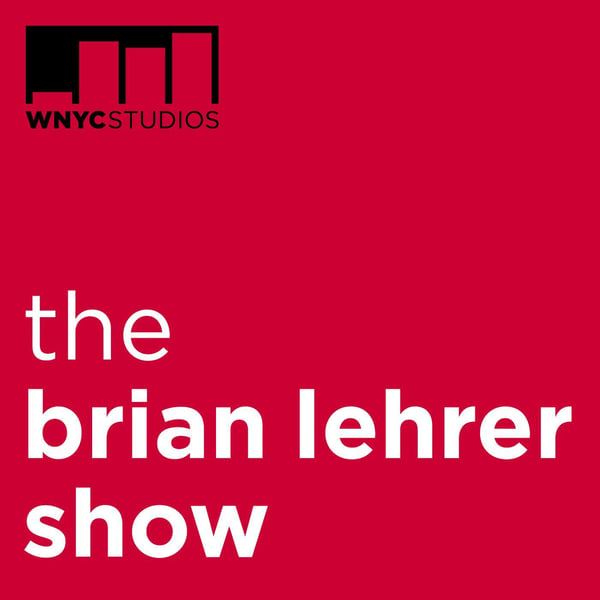How 1963 Defined the Civil Rights Movement
The Brian Lehrer Show
WNYC
4.7 • 1.4K Ratings
🗓️ 12 June 2025
⏱️ 20 minutes
🧾️ Download transcript
Summary
Transcript
Click on a timestamp to play from that location
| 0:00.0 | It's the Brian Larishell on WNYC. Good morning again, everyone. University of Texas |
| 0:16.4 | historian Pineal Joseph is with us with his new book, Freedom Season, how 1963 transformed |
| 0:23.6 | America's civil rights revolution. And while it's a book about 1963, it also has relevance |
| 0:29.4 | for today. Some of you know Poneil Joseph's other books, including The Sword and the Shield, |
| 0:34.5 | about Martin Luther King and Malcolm X, the Third Reconstruction, |
| 0:38.3 | America's Struggle for Racial Justice in the 21st Century, and others for which he's been on this show. |
| 0:44.5 | Poneal, always good to have you. Welcome back to WNYC. |
| 0:47.9 | Great to be here, Brian. |
| 0:49.3 | Why 1963 in 2025? |
| 0:53.5 | Well, 2025 has many echoes and 1963 vibes for good and bad happening all throughout our country and our world. |
| 1:04.7 | So, 1963, I argue, is really the most important year of the 1960s. |
| 1:11.9 | It's the year that sets up a 50-year racial justice consensus between 1963 |
| 1:17.7 | and ending with the Shelby v. Holder decision in 2013 |
| 1:22.0 | that sets up the most opportunities that black Americans, but also women, women of color, and other |
| 1:31.8 | historically marginalized groups have ever had in the history of the United States. So you get |
| 1:36.5 | the most wealth created, the most K through 12 graduates, the most higher education graduates, the most elected officials, the most women and people of color who become heads of corporations and corporate boards and presidents of universities in the history of the country. So you see that progress. That progress is juxtaposed against still structural racism, mass incarceration, all those negatives. But 63 to 2013, you don't only just get the rise of Barack Obama and Michelle Obama. But Hillary Clinton, Dolores Werta, so many different groups who are coming from historically marginalized |
| 2:22.3 | communities finally get access to dignity and citizenship. |
| 2:26.3 | And 63 and the work that was done by black activists, but also coalitions of communities, people who were Hispanic, who were, who were, |
| 2:40.0 | who were Jewish, who are queer, to transform America into a multiracial democracy. And that's why |
| 2:47.5 | sometimes we call it America's second reconstruction. Yeah. And you cited 2013 as the end of that era citing Shelby v. Holder, remind people, that's |
| 2:58.7 | the Supreme Court decision that rolled back the Voting Rights Act, right? |
| 3:03.0 | Absolutely. So that ends Section 5 preclearance of the Voting Rights Act. And more importantly, it really ends the Democratic advantage, the multiracial coalition that got Barack Obama in that had won the 2008 and 2012 elections. |
... |
Transcript will be available on the free plan in 24 days. Upgrade to see the full transcript now.
Disclaimer: The podcast and artwork embedded on this page are from WNYC, and are the property of its owner and not affiliated with or endorsed by Tapesearch.
Generated transcripts are the property of WNYC and are distributed freely under the Fair Use doctrine. Transcripts generated by Tapesearch are not guaranteed to be accurate.
Copyright © Tapesearch 2025.

